"It's important to understand that disability is contextual. One can be both enabled and disabled by their neurodivergence depending on the environment and the task at hand."-Nancy Doyle
"The way we diagnose and support neurodivergence needs to evolve. We're still using outdated models that don't consider the full spectrum of human cognitive diversity."-Nancy Doyle
Summary:
In this episode of "Psych Tech @ Work," I welcome my new friend Nancy Doyle, founder and CEO of Genius Within and visiting professor Birkbeck, University of London.In my opinion Nancy is one of the world’s most expert and on-point voices on the topic of Neurodivergence, especially as it relates to the world of work.
It was a real honor to spend an hour with her discussing the complexities and nuances of neurodiversity in the workplace. Nancy brings her extensive experience in IO psychology and coaching to the conversation, offering insights that challenge traditional views and practices around neurodiversity.Nancy shares her journey into the field, highlighting the transition from disability support to specializing in neurodiversity inclusion. Nancy is doing hero’s work emphasizing the need for flexible and inclusive workplace practices that go beyond tokenistic inclusion programs and truly address the functional needs of employees. She also discusses the limitations of current diagnostic practices and the potential for AI and machine learning to aid, but not replace, the nuanced understanding required for effective support.
Topics Covered:
Early Career Experiences:
Transition from academic learning to practical applications in the workplace.
Differences between academic theories and real-world scenarios.
Practical Applications of Neurodiversity Inclusion:
Importance of creating flexible and inclusive environments tailored to individual needs.
Common workplace accommodations that can enhance productivity and well-being.
Impact of Technology and AI:
The potential and limitations of AI in diagnosing and supporting neurodivergent individuals.
How machine learning and big data can help identify common needs and effective accommodations.
Genius Within:
The amazing work Nancy’s company, Genius Within is doing in providing assessments, coaching, and organizational design services to support neurodivergent individuals, creating inclusive workplaces that enhance productivity and well-being.
Takeaways:
Understand the Context of Disability: Recognize that neurodivergence can be both enabling and disabling depending on the environment and task. Create flexible workplace policies that accommodate individual needs.
Move Beyond Tokenism: Avoid tokenistic inclusion programs and instead focus on practical, everyday accommodations that support all employees.
Utilize Free Accommodations: Many effective accommodations, such as allowing quiet workspaces or flexible seating, are cost-free and easy to implement.
Leverage Technology Thoughtfully: Use machine learning and big data to identify trends and common needs among neurodivergent employees, but be cautious with AI diagnoses due to embedded biases.
Promote Continuous Learning: Stay informed about the evolving field of neurodiversity and be open to adapting workplace practices to better support neurodivergent employees.
"Take it or Leave it" Articles:In the most fun part of the show Nancy and I discuss two articles and give our opinions on the authors’ takes.
"The Danger of Neurodiversity" From the Spectator UK
Summary: This article critiques the neurodiversity movement, arguing that it may dilute the challenges faced by individuals with severe conditions. It highlights the need to balance the celebration of neurodiversity with the recognition of serious disabilities.
Discussion: Nancy acknowledges the validity of the critique but criticizes the article’s tone. She emphasizes the need for a balanced approach that respects all experiences of neurodivergence.
"The Rise of Neurodiversity at Work" From Psychology Today
Summary: This article discusses how companies are increasingly recognizing the value of neurodiverse employees but warns against tokenistic inclusion programs. It advocates for tailored support that genuinely meets the needs of neurodivergent individuals.
Discussion: Nancy agrees with the article’s critique of tokenistic programs and stresses the importance of functional performance and everyday accommodations.





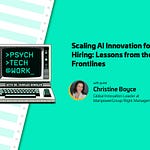
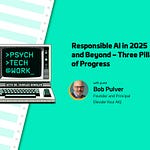
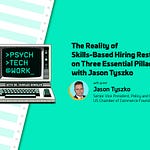

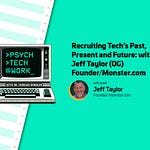
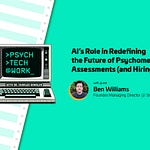
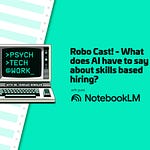

Share this post